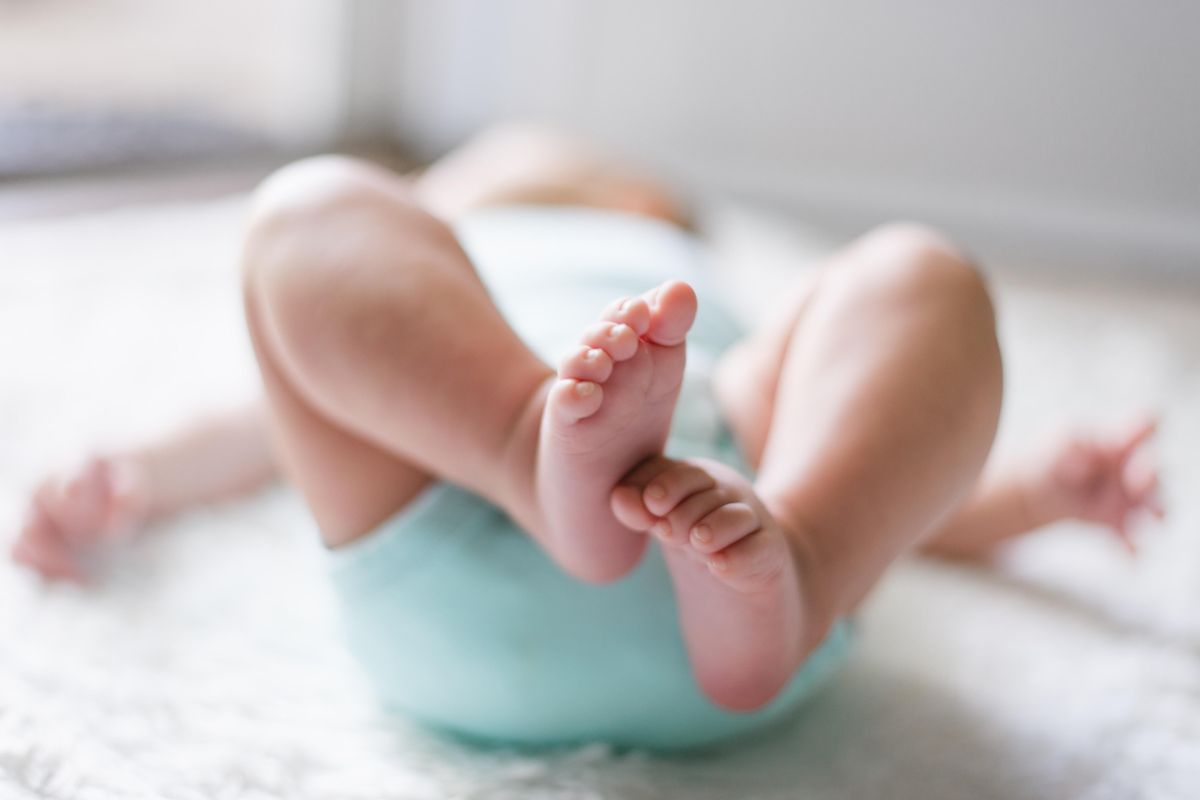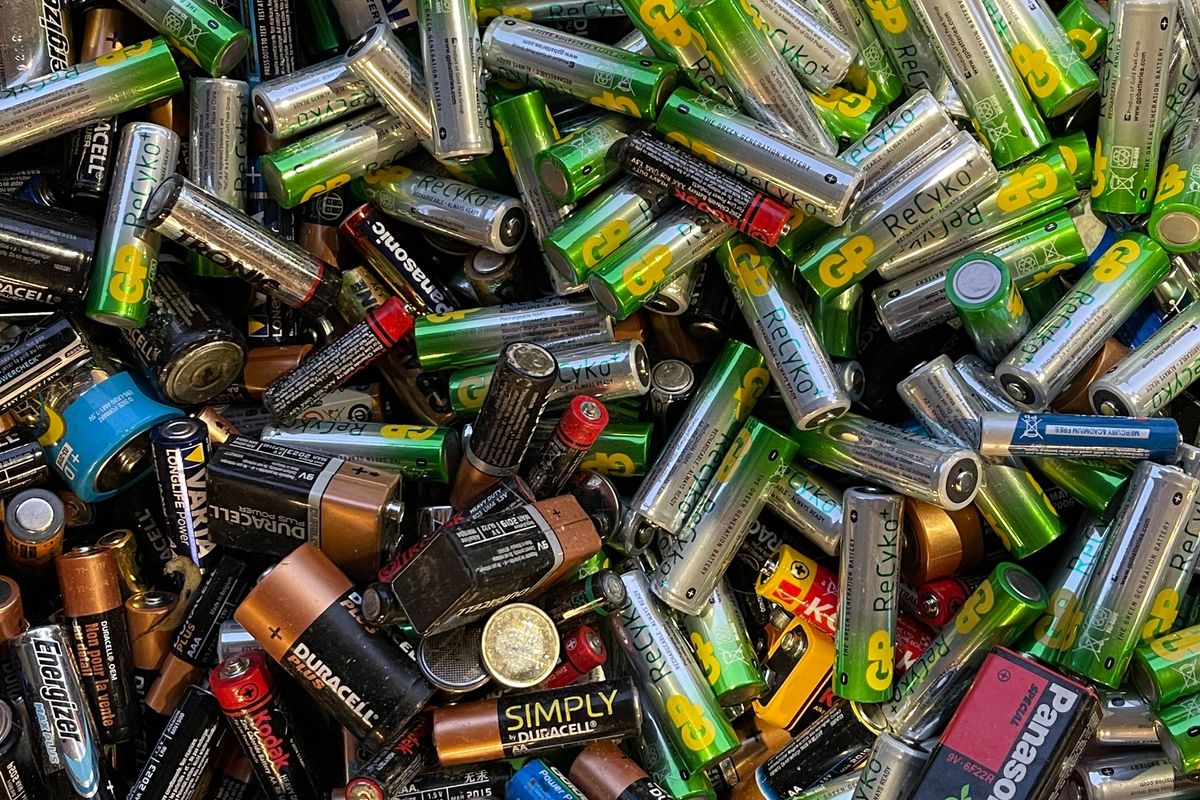Researchers nail down scientific 'biomarker' for SIDS and it could be a lifesaver
This discovery is groundbreaking for parents, doctors and scientists worldwide.

Scientist identify a marker for babies at risk of SIDS.
Worrying over a sleeping baby comes with the territory of being a new parent. There are so many rules about safe sleep that it can be hard for parents to keep it all straight. Never let the baby sleep on their tummies. Don’t put soft things in the crib. That crib bumper is super cute but you can’t keep it on there when the baby comes. Don’t ever co-sleep. Never cover a baby with a blanket. The list of infant sleep rules designed to avoid Sudden Infant Death Syndrome, or SIDS, is endless.
SIDS is described as an unexplained death of an infant under the age of 1 year old. There is no determined cause and no warning signs, which is what makes it so terribly tragic when it happens. The worry over a sleeping baby stays with some parents far longer than it should. I recall my own mother coming to check in on me as a teenager, and I sometimes do the same to my own children, even though they’re well over the age of being at risk for SIDS. The fact that there is no cause, no explanation, no warning and nothing to reassure parents that their children will fare just fine means worrying about a sleeping child becomes second nature to most parents. It’s just what you do.
Well, maybe not anymore. Researchers from The Children’s Hospital Westmead in Sydney, Australia, have found a link to SIDS. The study released by the hospital explains not only how the babies succumb to SIDS, it also details why. For years, the medical community speculated that SIDS was caused by an unknown defect in the part of the brain that's responsible for breathing and arousal from sleep. The theory was that the normal startle response to arouse a sleeping baby when breathing stopped or was obstructed didn’t work when the supposed defect was present.
 Photo by Tim Bish on Unsplash
Photo by Tim Bish on UnsplashResearchers in Australia analyzed dried blood from babies that had passed away from SIDS and compared it to infants who died of other causes and to healthy living infants. Through their research they were able to identify that the enzyme butyrylcholinesterase (BChE) was significantly lower in babies who died of SIDS in comparison to the other samples collected. BChE is a major factor in the brain’s arousal pathway, which explains why SIDS occurs during sleep.
If an enzyme that informs scientists of low BChE levels can be found in simple blood samples, this could be a game changer and a lifesaver. The hope is that doctors will eventually be able to devise a way to keep babies safe during sleeping hours, helping parents rest and reassuring those who have experienced the tragedy of losing a child to SIDS with answers.
Dr. Carmel Harrington, the lead researcher who helped make this discovery, lost her son to SIDS 29 years ago. She told the Australian Broadcasting Corporation, "Nobody could tell me. They just said it's a tragedy. But it was a tragedy that didn't sit well with my scientific brain.” So she set out to solve the puzzle and provide some solace to grieving parents like her. "These families can now live with the knowledge that this was not their fault," she said.
This discovery is groundbreaking for parents, doctors and scientists worldwide. The knowledge of what causes SIDS will inform research into a plan on how to proceed when low BChE levels are detected. Hopefully, when that's achieved, everyone will sleep a little easier.
- When these moms realized their babies were switched at birth, they ... ›
- Hiccups are good for babies' development, study finds - Upworthy ›
- A mom had the best response after a neighbor complained about ... ›






 Batteries being recycled at WRWA, London. Nov ‘21Photo by
Batteries being recycled at WRWA, London. Nov ‘21Photo by  girl in orange long sleeve shirt writing on white paper
Photo by
girl in orange long sleeve shirt writing on white paper
Photo by  cady heron math GIF
cady heron math GIF Calculate Figure It Out GIF
Calculate Figure It Out GIF